U.S. scientists have cautioned against another potential COVID-19 wave brought by Omicron and vaccine makers are mobilizing to beef up their regiments of products in order to counter this new variant, which was first discovered in South Africa and has been declared a "variant of concern" by the World Health Organization (WHO).
CAUTIONS
As U.S. and some other governments scrambled to close their borders to southern African countries as a shield against a potentially dangerous new coronavirus variant, experts warned "the travel bans may be too late -- with confirmed and suspected cases cropping up as far away as Asia and Australia," The Washington Post reported on Sunday.
The variant, dubbed Omicron, has a high number of mutations that could make it more easily transmissible. It was identified by scientists in South Africa and several other countries, and has prompted the suspension of flights from the region while epidemiologists are work to identify how far the variant may have spread.
"By the time we have enough information to institute a travel ban, the cat's already out of the bag, so to speak," Nicole Errett, a professor at the University of Washington, was quoted as saying. "A travel ban could in theory buy some time by reducing the spread of new seed cases, but we are talking on the order of days to weeks."
On Sunday, cases of the Omicron variant were reported for the first time in Australia, adding to a growing list of countries that are scrambling to respond to the new and highly mutated version of the virus that has sent ripples of panic through governments and markets.
Scientists cautioned that relatively little is known about the new variant, and that only a small number of confirmed cases have surfaced globally. "Still, there are worries that Omicron could have spread more widely before scientists in South Africa discovered it last week," reported The New York Times on Sunday.
Scientists were careful to note that the extent of the threat from Omicron remained unclear, and that existing vaccines were likely to protect against it. "Although some variants of concern, like Delta, have lived up to initial worries, others have had a more limited impact," added the report.
PRECAUTIONS
New York's governor announced on Friday a state of emergency to prepare for a possible COVID-19 surge from the new Omicron variant that is spreading around the globe, making New York the first state in the United States to declare a state of emergency in response to this emerging variant of the COVID-19 pandemic.
The precautionary measure is intended to help hospitals in the state prepare for a potential winter wave caused by the variant, which the WHO has said might be more transmissible and pose a greater risk of illness than existing strains of the coronavirus.
On Saturday, Anthony Fauci, director of the National Institute of Allergy and Infectious Diseases, told NBC that all precautions should be taken until more is known about Omicron. "It likely will be more transmissible," he said. "We don't know that yet, but you have to be careful and assume that's the case."
Major COVID-19 vaccine producer Pfizer and its partner BioNTech have said that, if necessary, they expect to be able to ship a new vaccine tailored to the highly contagious variant Omicron, in about 100 days. BioNTech said it would review more data on it within two weeks to help decide whether the two jab-vaccine should be reworked.
The other two-shot vaccine maker, Moderna, said in a statement that it is working to advance a booster candidate for its jab that is tailored to the new variant, testing a higher dose of its existing booster, and studying other booster candidates designed to protect against multiple variants.
Johnson &Johnson said it too is closely monitoring emerging strains of COVID-19 and is testing the effectiveness of its single-shot jab against the new variant. Meanwhile, producer of the AstraZeneca vaccine expressed cautious optimism that existing vaccines could be effective at preventing serious disease from the Omicron variant.








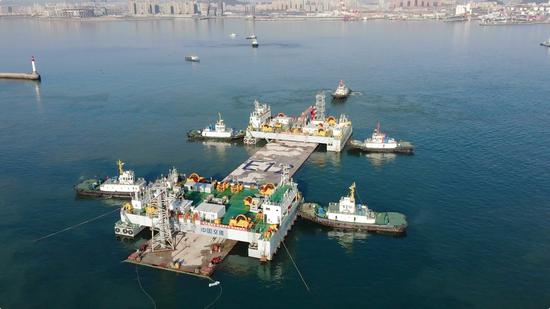
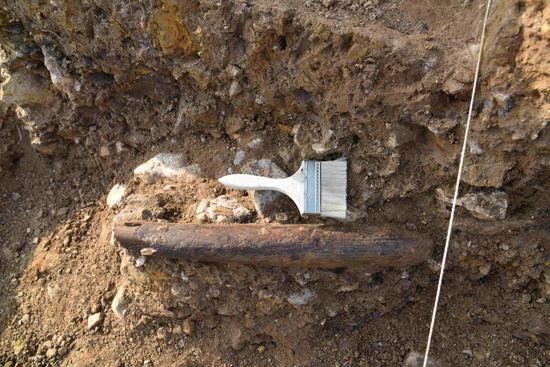


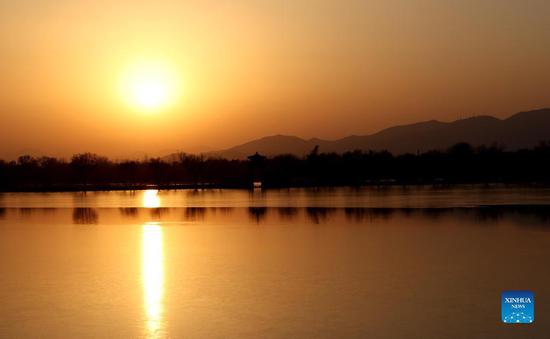


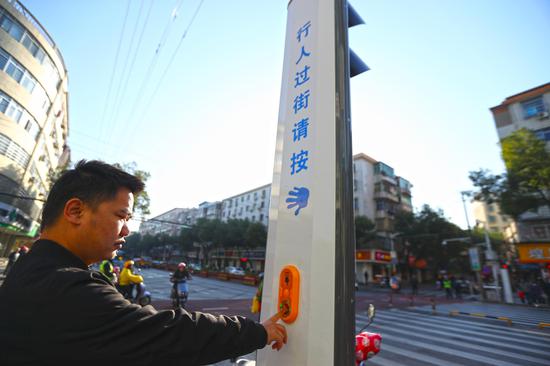
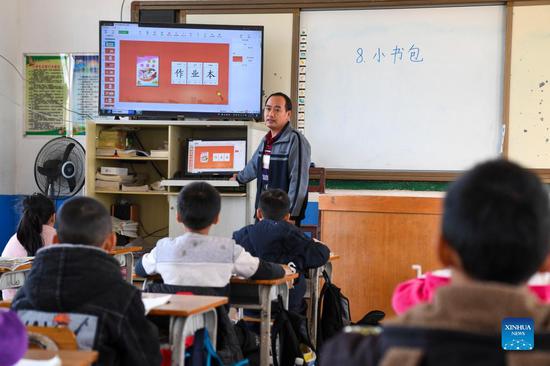

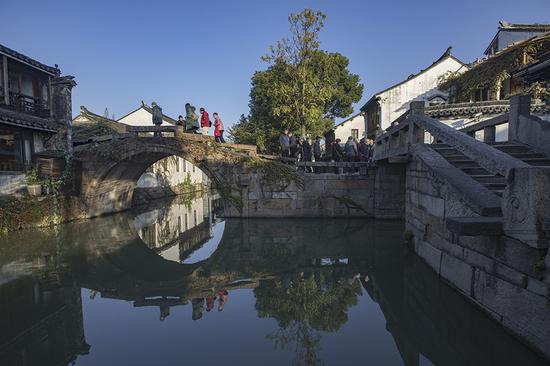
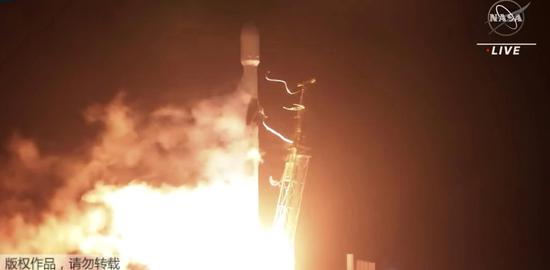

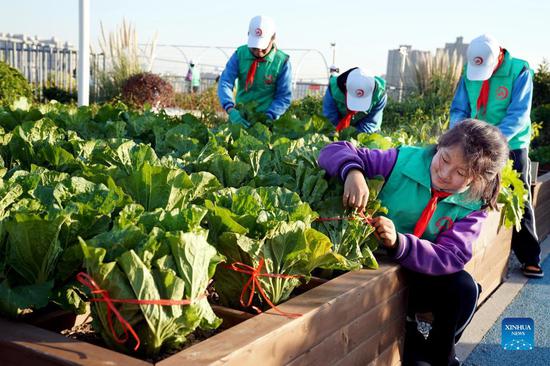

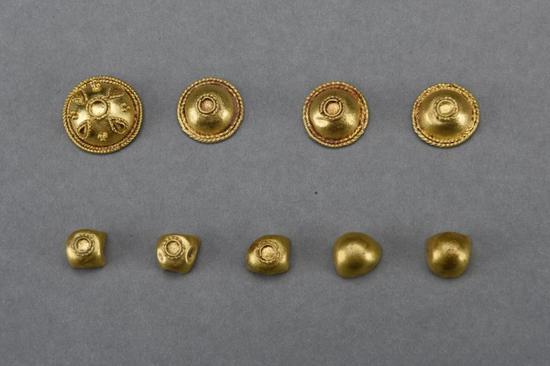
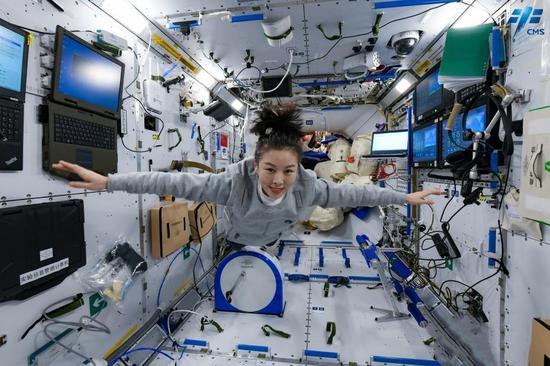
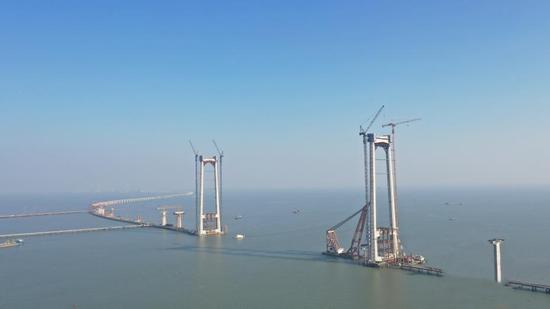
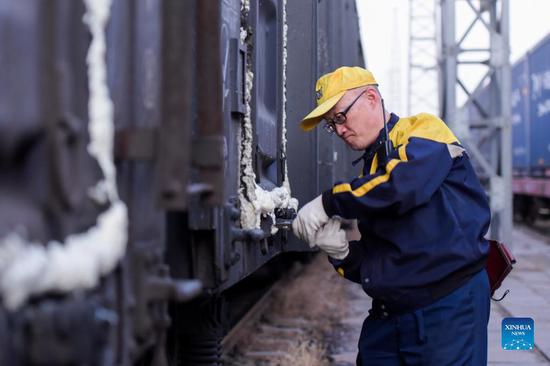


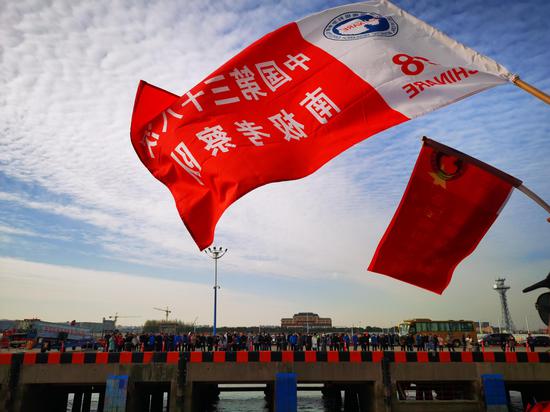
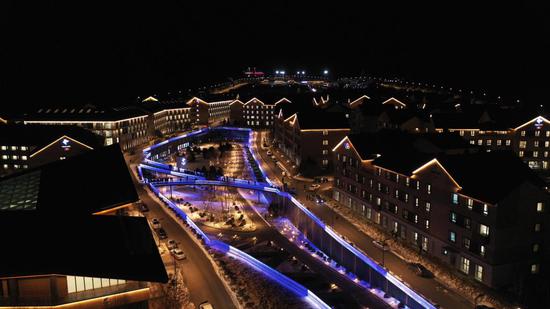


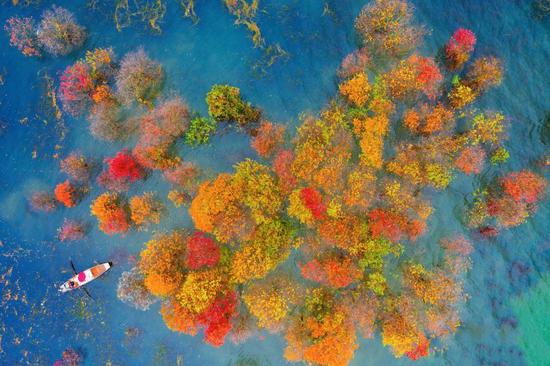

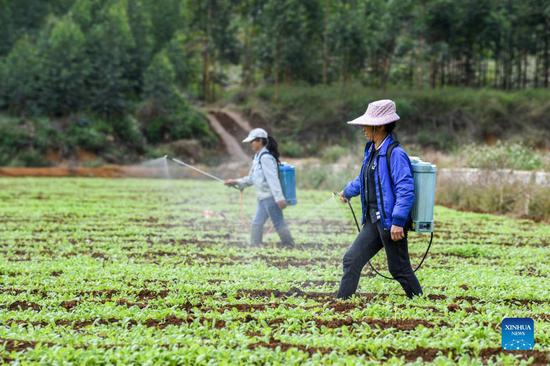
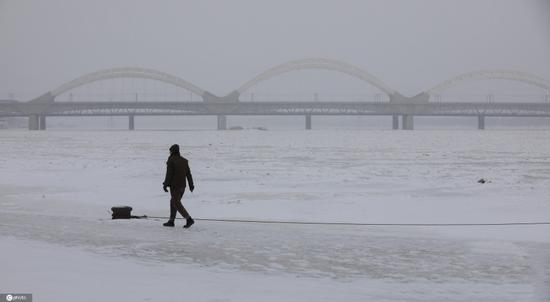

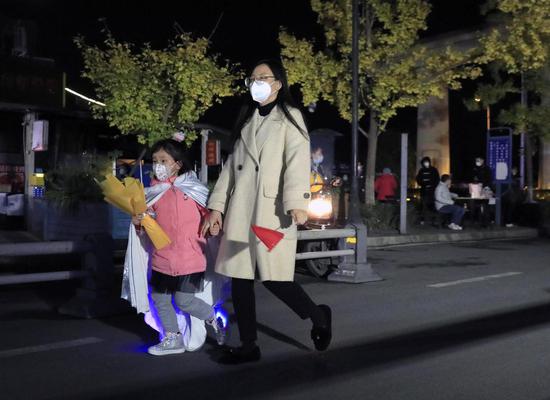
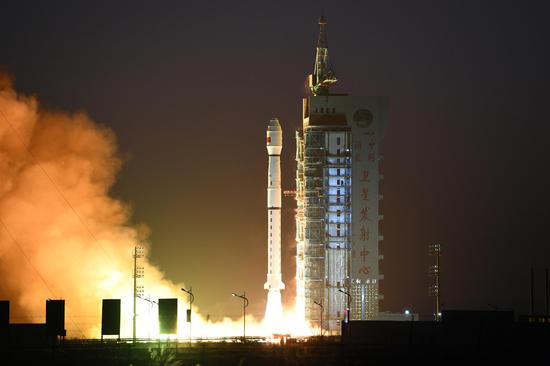
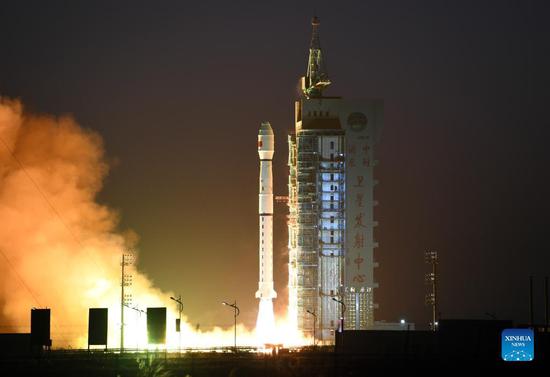
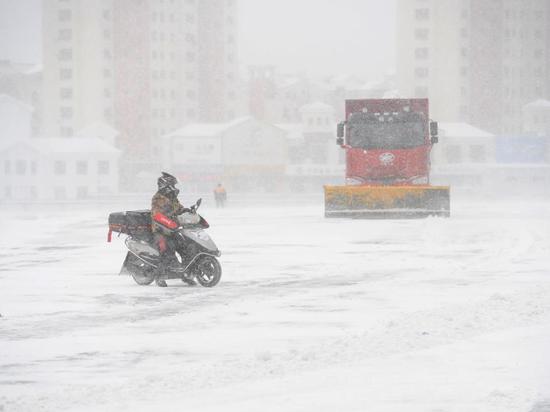
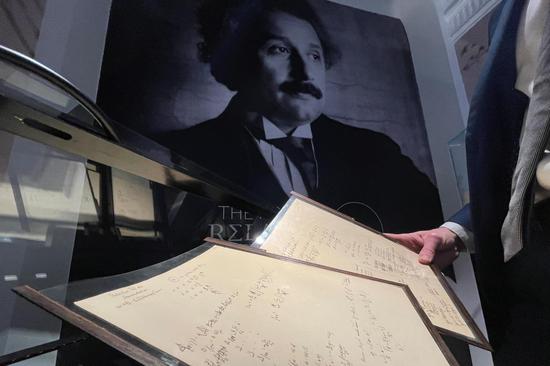
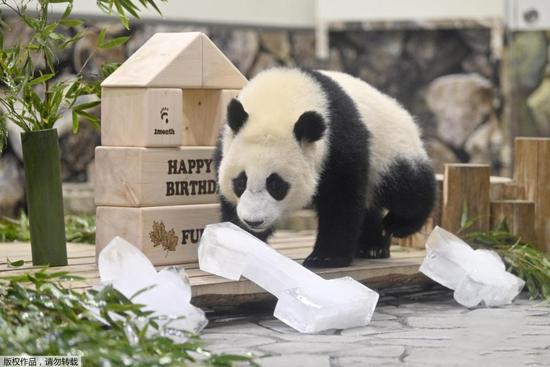
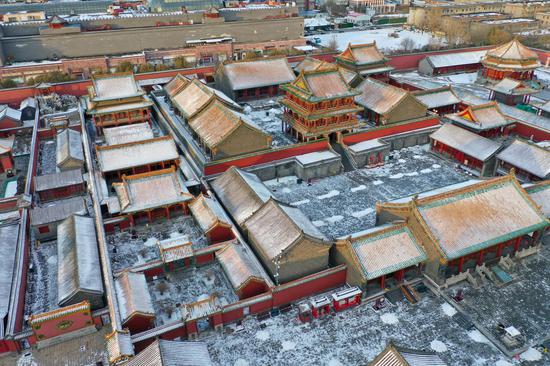





 京公网安备 11010202009201号
京公网安备 11010202009201号